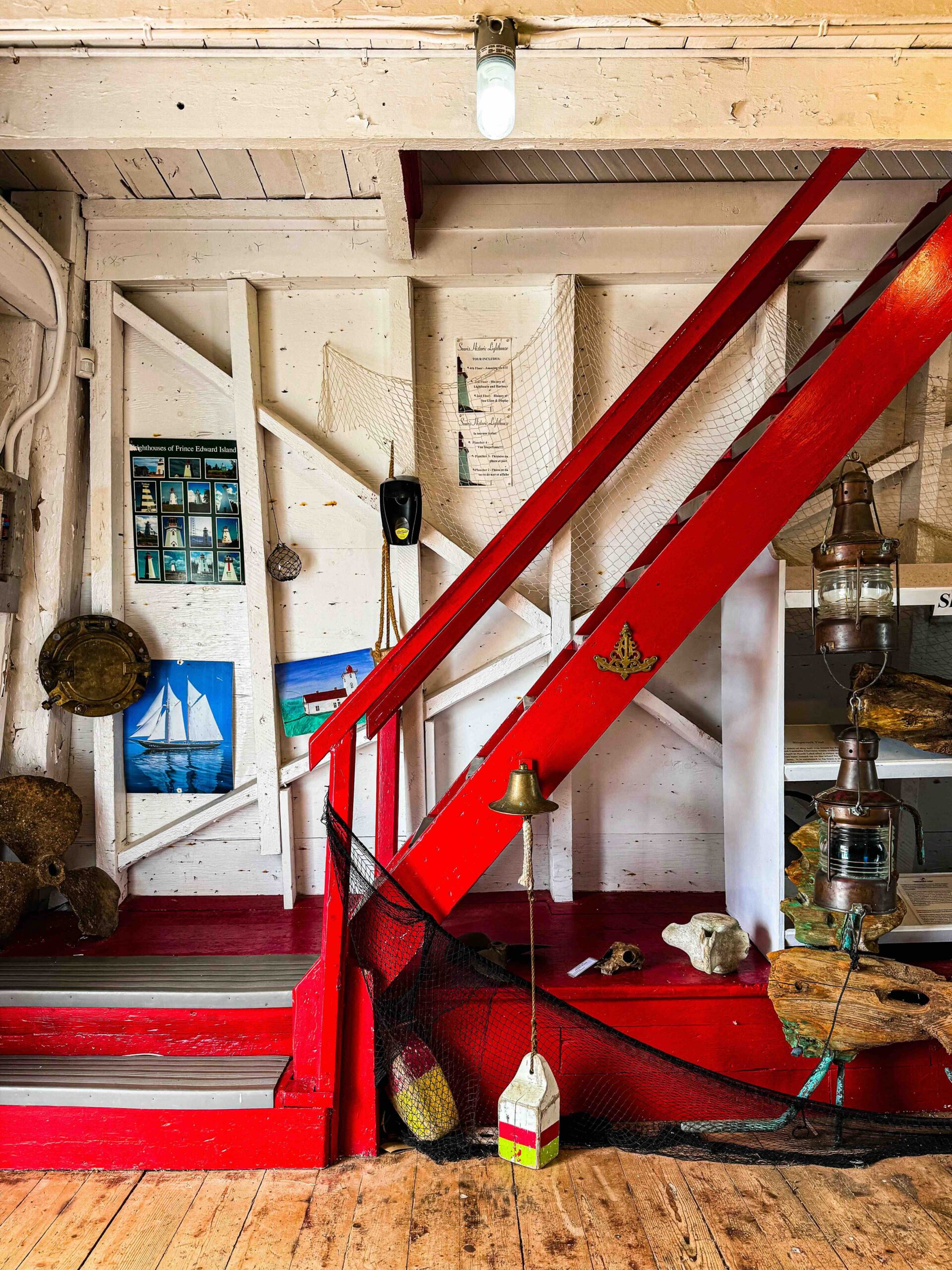

Like billions of other people around the globe, I’ve been in an intimate relationship with the Internet for years. It all started about two decades ago when I first dialed the Web up to establish a connection (remember this sound?), and now thanks to my iPhone, we’ve never been closer. Of course, I’ve always enjoyed our close link and am sincerely grateful for it. Not only has the Web greeted me with more knowledge, inspiration, ideas, and opportunities in the past than I ever could have imagined, but it’s also introduced me to people I never would have met otherwise. (Talk about a great catch.) Yet lately I’ve been wondering: Isn’t this relationship a bit one-sided? What am I giving the Internet in return? According to Eli Pariser, a lot actually.
A few weeks ago, these curiosities led me to his book, The Filter Bubble, which completely transformed my thoughts about the Internet. While I was aware of cookies, trackers, and personalized ads, I had no idea about the full extent of personalization that is currently taking place online. Throughout his eight page-turning chapters, Pariser explains how ever since Google began customizing search results back in 2009, the race to collect as much personal data as possible has been on, with little notice to users explaining these new privacy policies.
However, while tailored web experiences sound appealing—and are certainly convenient—the result is that we are “increasingly each living in our own, unique information universe,” what Pariser has coined the “filter bubble.” Not only does this new era of personalization shape how we learn and what we know, but unfortunately since these tracking filters are invisible, we are also unaware of what is being hidden from us. Instead, our past interests and clicks start to determine what all we are exposed to, meaning that we essentially miss out on serendipitous findings that are necessary to ignite creativity and innovation.


By constantly being fed with information that is for the most part pleasant and familiar, how can we continue to evolve into the people we were meant to be, and not just the people Internet giants such as Google, Facebook, and Apple think we are based off our previous online activity? Shouldn’t we be in control of what we naturally uncover, instead of being steered solely by these algorithmically driven sites that monetize millions from our engagement? At the very least, shouldn’t we all know who has our personal data, what data they have, and how is it being used? The New York Times certainly thinks so, and recently published an intriguing piece about how vague the privacy policies of certain apps and websites can be and how so many of us are still in the dark about the consequences of this new personalization era.
Don’t get me wrong, I still very much adore the Web and the wide-open window it provides on the world. Although I broke up with social media a while back, I still consult Google daily and can’t really imagine a time when I won’t. However, since reading this mind-boggling book, I’ve sought out ways to burst my own online “filter bubble,” and discovered several easy solutions that I believe are becoming ever-so important to share and implement. Regularly clearing your browsing history (on both your computer and phone), using “Incognito windows” and installing trustworthy plug-in tools and extensions to prevent cookie-tracking, while also adjusting the privacy and security settings on web browsers (I was shocked at the plethora of tracking settings one is automatically opted in to with Chrome)—these small yet mighty steps not only will give you more control over your personal data, but will also create clearer paths for you to serendipitously stumble upon diverse perspectives that challenge your own. And isn’t it these outlier ideas that make life more interesting and infuse us with the best creative inspiration?
–
BY Kathryn - January 17, 2019
Most-read posts:
Did you know W&D now has a resource library of Printable Art, Templates, Freebies, and more?
take me there
Get Our Best W&D Resources
for designing a life well-lived




Thank you for being here. For being open to enjoying life’s simple pleasures and looking inward to understand yourself, your neighbors, and your fellow humans! I’m looking forward to chatting with you.
Hi, I'm Kate. Welcome to my happy place.















[…] • Why we should all escape our filter bubbles. […]
In my opinion, students should check https://essaydragon.com/blog/paraphrasing-tools out. Here you can read a lot about using paraphrasing tools
Thousands of students around the globe buy original essays online from a professional company, such as https://specialessays.com/buy-original-essay/